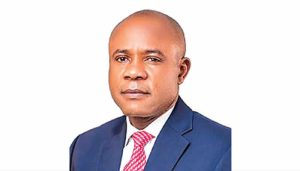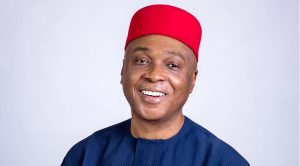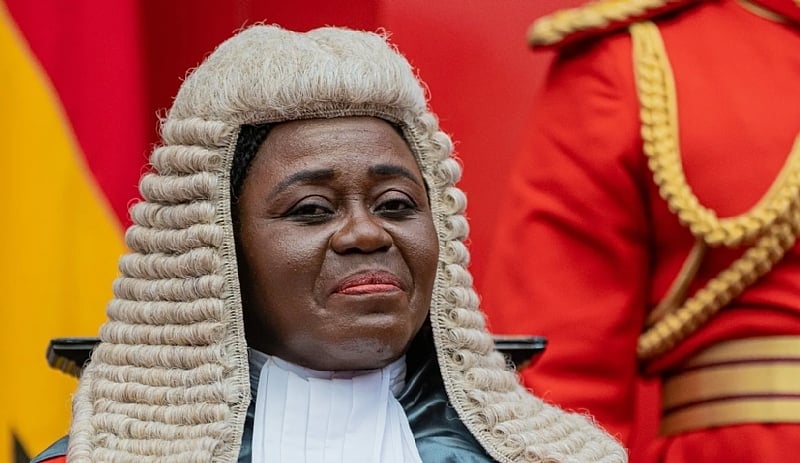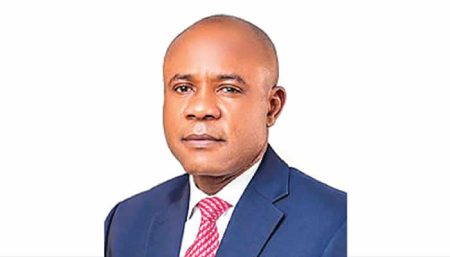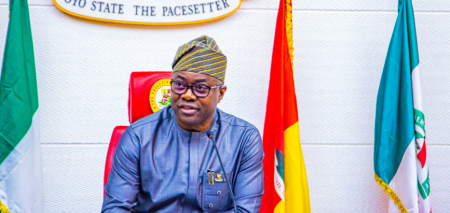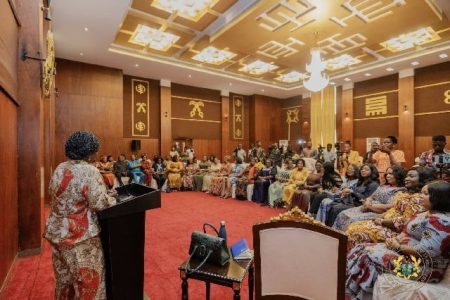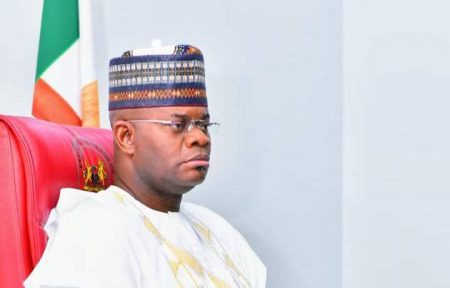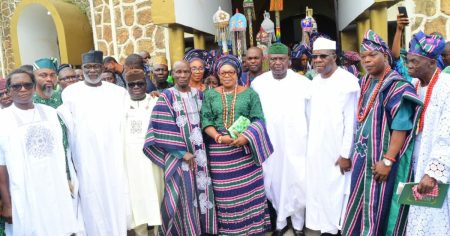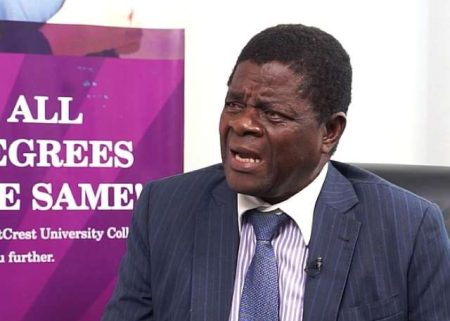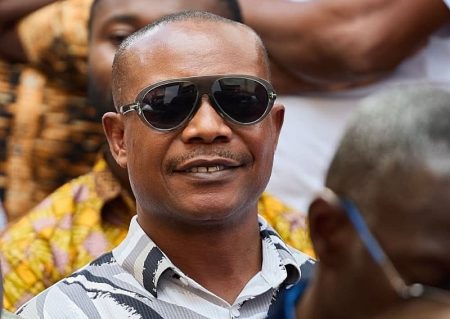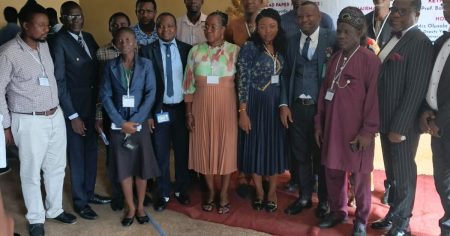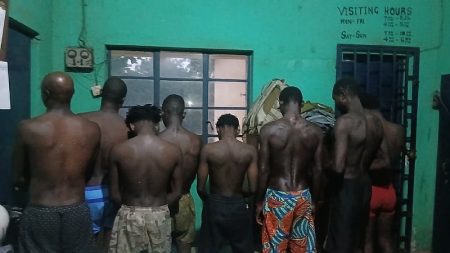Paragraph 1: Introduction
The ongoing impeachment proceedings against Ghana’s suspended Chief Justice have taken a dramatic turn, marked by accusations of constitutional breaches and public pronouncements that threaten to undermine the integrity of the process. Daniel Ofori, one of the petitioners seeking the Chief Justice’s removal, contends that her recent public statements regarding the petition and subsequent proceedings violate the confidentiality mandated by the 1992 Constitution. This controversy raises critical questions about the balance between transparency and due process in high-profile impeachment cases. The implications of this unfolding saga extend beyond the individuals involved, impacting public trust in the judiciary and the rule of law in Ghana.
Paragraph 2: The Petitioner’s Complaint
Mr. Ofori’s central argument rests on the principle of confidentiality enshrined in the constitutional framework for the removal of high-ranking officials like the Chief Justice. He asserts that the suspended Chief Justice’s media engagement, during which she allegedly discussed the petition’s content and the ongoing proceedings, constitutes a clear breach of this principle. This engagement, which took place on June 25, 2025, has been met with strong disapproval from Mr. Ofori, who believes it undermines the sanctity of the process. The petitioner maintains that the proceedings are specifically designed to be conducted in camera, shielded from public scrutiny to protect the involved parties and ensure a fair and impartial inquiry.
Paragraph 3: The Suspended Chief Justice’s Actions and the Petitioner’s Response
The details of the suspended Chief Justice’s public statements remain somewhat unclear, but Mr. Ofori has indicated they contain "falsehoods" about him. While reserving a full response for a more appropriate time, he has pledged to address these inaccuracies when the constitutional and legal framework permits. This strategic decision underscores the petitioner’s respect for the ongoing process and his commitment to upholding the rule of law. He emphasizes his intention to avoid engaging in similar public pronouncements that could jeopardize the integrity of the proceedings, preferring to adhere to the established constitutional procedures.
Paragraph 4: Upholding Constitutional Processes and Respect for Due Process
Mr. Ofori’s measured approach emphasizes the importance of respecting constitutional processes, especially in sensitive matters involving the judiciary’s highest office. His restraint in refraining from public rebuttal, despite the alleged inaccuracies circulated by the suspended Chief Justice, demonstrates a commitment to upholding the established legal framework. This stance aims to preserve the sanctity of the removal proceedings and avoid any actions that might prejudice the outcome or be perceived as undermining public trust in the judicial system. This careful navigation of the legal and ethical considerations surrounding the case underscores the petitioner’s commitment to a fair and impartial process.
Paragraph 5: The Broader Implications for Ghana’s Judicial System
The ongoing dispute highlights the delicate balance between transparency and confidentiality in matters of public accountability. While public interest in the proceedings is undeniable, the need to protect the rights of all involved parties and ensure a fair hearing must be paramount. The suspended Chief Justice’s public comments, if indeed they breach established protocol, could set a precedent that undermines the integrity of future impeachment proceedings. This situation underscores the importance of adherence to constitutional processes and the need for all involved parties to respect the principles of due process and fairness.
Paragraph 6: The Path Forward and the Need for Impartiality
As the impeachment proceedings unfold, the focus should remain on establishing the truth through a fair and impartial inquiry conducted within the bounds of the Constitution. Mr. Ofori’s commitment to engaging publicly at the appropriate time suggests that further insights into the allegations and counter-allegations will eventually emerge. It is crucial for all stakeholders to prioritize upholding the integrity of the process, ensuring that any outcome is based on evidence presented through appropriate channels and not influenced by external pressures or public pronouncements. The ultimate outcome of this process will significantly impact public trust in the Ghanaian judiciary and the rule of law, underscoring the need for a just and transparent resolution.


